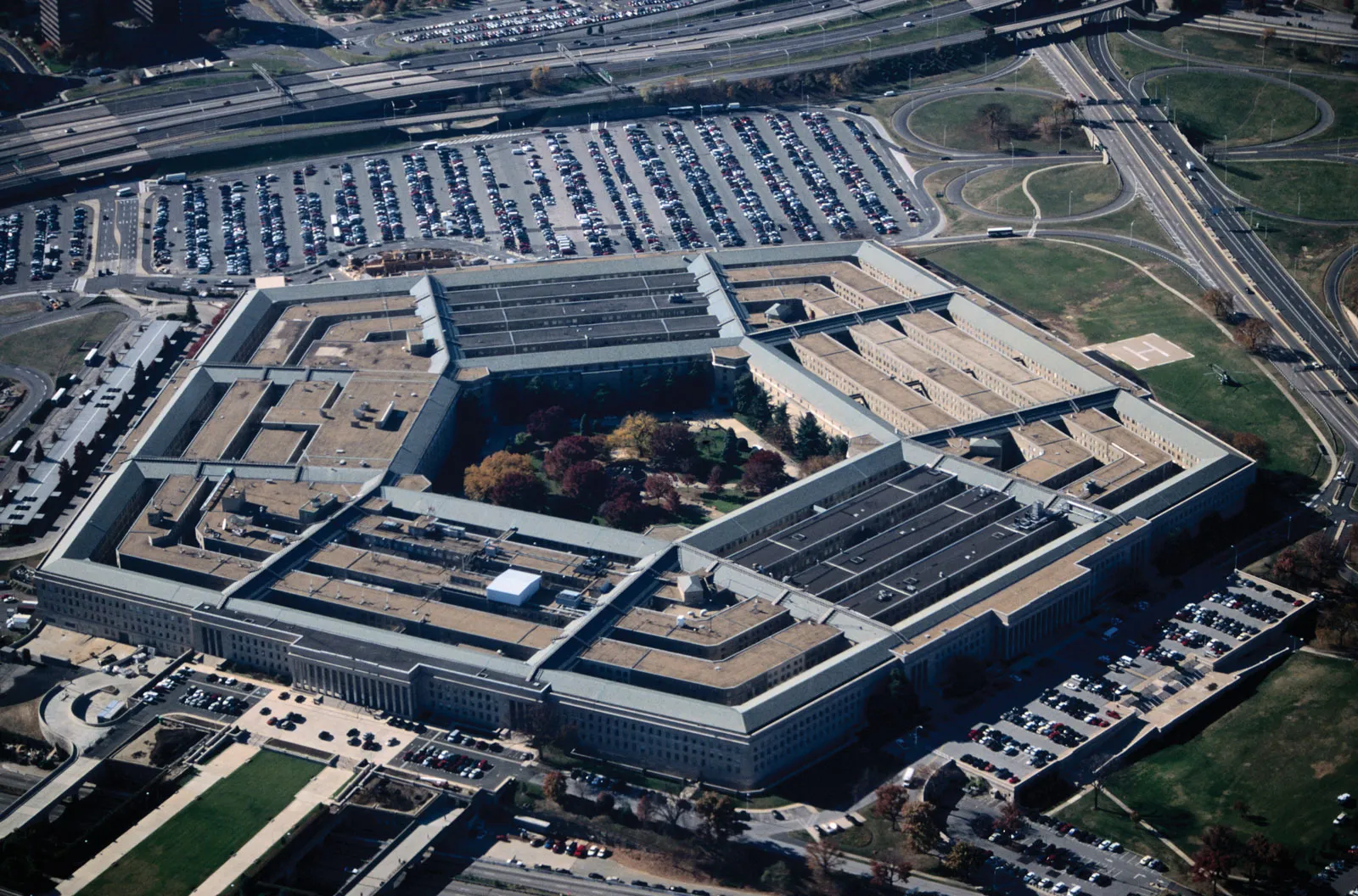Already a subscriber? Make sure to log into your account before viewing this content. You can access your account by hitting the “login” button on the top right corner. Still unable to see the content after signing in? Make sure your card on file is up-to-date.
The Pentagon has officially made changes to its press access policy, rolling back restrictions that previously required journalists to seek approval before publishing even unclassified information.
Some shit you should know before you dig in: If you’re unaware, the Pentagon recently introduced a new media policy that required credentialed journalists to sign an agreement stating that all department-related information (even if unclassified) had to be approved by an authorized official before it could be published. The document implied that failure to comply could result in credential revocation, raising concerns that the government was overreaching and way “out of their lane.” In addition to editorial constraints, the policy restricted press access within the Pentagon building itself, requiring journalists to be escorted through most areas, including spaces they had previously accessed freely. While the policy claimed to respect constitutional rights, it warned that reporters who solicited information from Defense Department personnel could be labeled as “security risks,” even if the information was protected by the First Amendment.

Getting into it: First reported by The New York Times and picked up by other major outlets, the Pentagon has made adjustments to its media policy following weeks of bipartisan criticism. The revised policy explicitly removes the requirement for journalists to seek pre-publication approval from the department before publishing stories containing unclassified information. It now clarifies that members of the press “are not required to submit their writings” to the Pentagon for review and that receiving or publishing unsolicited information from government sources is “generally protected by the First Amendment.”
The updated rules, distributed to accredited journalists on October 7, focus primarily on information security and physical access procedures within the building. Reporters will still need escorts to access most of the Pentagon’s hallways and offices, as the department retained strict movement limitations introduced in May. The new agreement states that while journalists are free to investigate and publish stories, those who actively encourage Defense personnel to disclose nonpublic or classified information could be considered “security risks” and may risk losing their credentials.
Accredited media outlets have one week from the policy’s distribution to review and sign the revised agreement, with an option to request additional time for legal consultation. Failure to sign could result in the loss of Pentagon Facility Access Credentials (PFAC), effectively cutting off their physical access to the building.
The policy reversal comes as Secretary Pete Hegseth has criticized the press for pushing back on the media policy. Hegseth previously said, “The Pentagon press corps can squeal all they want — we’re taking these things seriously.” In another interview, he doubled down, arguing, “The American people see things like that as absolute common sense. They can report, they just need to make sure they’re following rules.”







